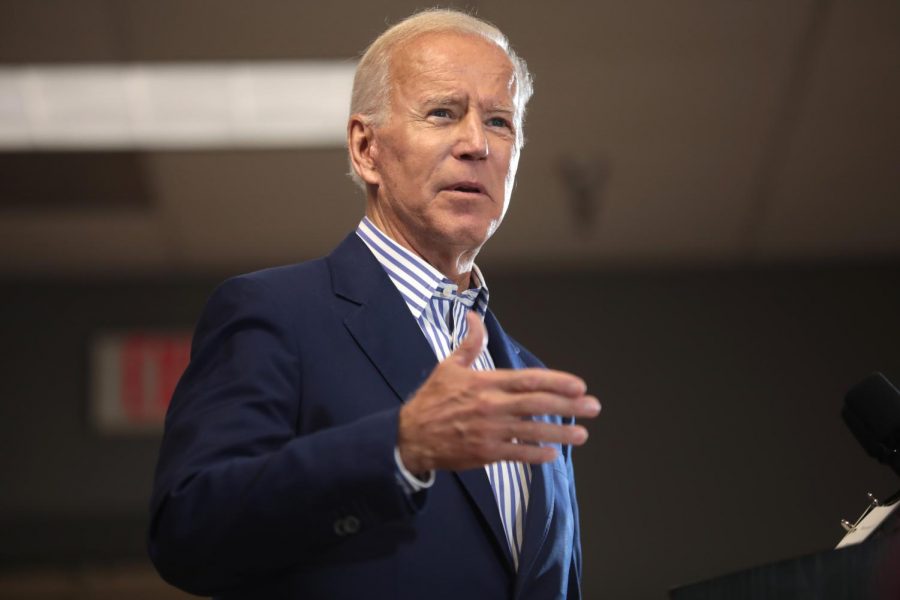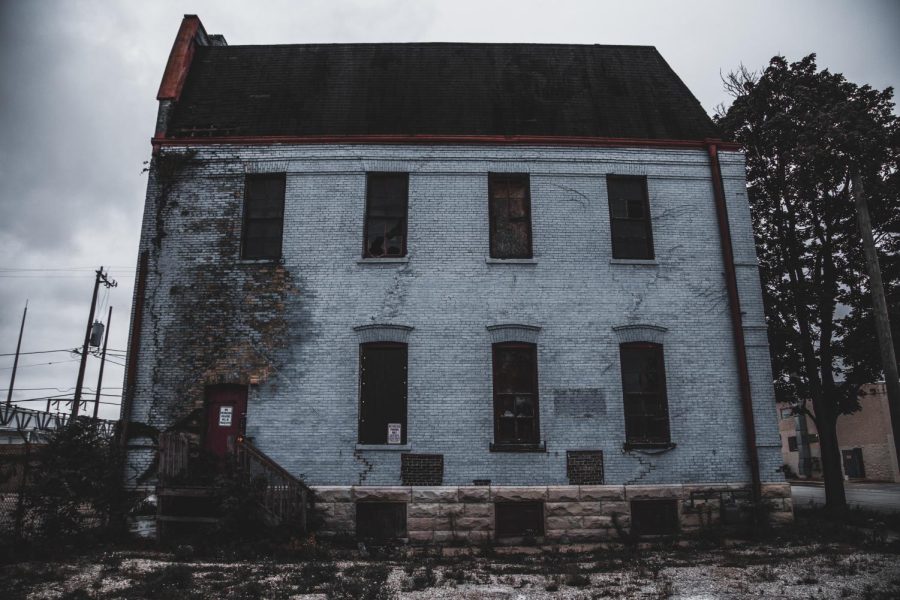
Out of all the words of wisdom on war and peace, none capture the essence of why college students join Reserve Officer’s Training Corps programs like the ancient Chinese proverb, “The more you sweat in peace, the less you bleed in war.”
For Marine Lieutenant Colonel Albert Lagore, serving in the military and preparing the next generation of soldiers for war is more than a job. He said it’s a calling.
“Our soldiers realize that this is something bigger than themselves … and the stakes are pretty high,” Lagore said.
Lagore was discussing Marquette’s ROTC, an elective program in the College of Arts & Sciences that commissions students into active military duty, usually within 18 months of graduation.
ROTC has a long and controversial history, dating back to 1916 when President Woodrow Wilson signed the National Defense Act, bringing military training under a single, federally controlled entity, according to the Army ROTC website.
Marquette’s ROTC program dates back to the 1940s, when it became the first program at a Catholic university and the 12th program in the country.
Originally a requirement for all universities, ROTC became a voluntary program during the 1960s, when some universities dropped the programs in opposition to the Vietnam War, according to a 2009 New York Times article entitled “The ROTC Dilemma”.
More recently, some Ivy League institutions, most notably Harvard University, have dropped ROTC programs because of the military’s “Don’t ask, don’t tell” policy runs contrary to the schools’ non-discrimination policies.
At Marquette, the debate takes a different form, as some question whether ROTC training has a place on a Catholic campus.
ROTC at Marquette
“As everyone knows … we are a nation at war,” said Air Force Lieutenant Colonel Terry Wohlfiel. “And these men and women are still here, here to serve.”
Combined, Wohlfiel and Lagore have nearly 50 years of experience in the military.
Lagore, who graduated from Marquette’s ROTC program in 1990 and spent 21 years in the Marines, said he takes his hat off to students because they know they are going to be fighting in a war that will be going on for a long time.
ROTC students at Marquette take courses in their respective branch of the military — Army, Navy/Marine Corps or Air Force. Upon graduating from Marquette, students will be commissioned to be officers in the United States military.
For scholarship students, there is a four-year service commitment on active duty, while pilots have a 10-year commitment, according to the programs’ websites.
Concerning the Navy and Marine Corps, Lagore spoke of the reality that faces these students.
“I have told them all that within 18 months of leaving (Marquette), someone will shoot at them in anger,” Lagore said.
Recent Marquette Army ROTC alumnus Ashley Woyak said it is “almost a guarantee” that Army Cadets will at some point be in a combat zone as well. She said she rejoins her battalion in March.
Woyak, who graduated in May, said she wanted to join the Army after high school, but her parents wanted her to go to college before joining the military. She will now be working in human intelligence.
“The ROTC program completely changed me from the person I was as a freshman,” she said. “It was rough. I was pushed. But it was a positive experience. (ROTC) instilled in me what hard work is.”
Woyak said the most difficult physical aspects of the ROTC program included marching all day, and sometimes all night, carrying everything in her rough sack in all weather conditions.
She said the hardest situations were at Fort McCoy, a three-day training exercise in western Wisconsin meant to prepare cadets for other required training exercises.
In addition to these trips, Army ROTC students have military classes Monday, Tuesday and Thursday at 6 a.m., followed by workouts until 8 a.m. The Navy and Marine Corps have similar requirements, with a mandated three hours of physical training per week early on Mondays and Wednesdays, along with classes.
Although ROTC is very much a grueling military program, it is also part of a university that believes in developing the whole person.
Both Wohlfiel and Lagore said ROTC exemplifies the core values of the university. Lagore said although the program doesn’t push the faith aspect, some of the students he has observed are very strong in their faith.
Wohlfiel said Air Force students are pushed to become involved with the community and encouraged to partake in service opportunities. Recently, the three branches of ROTC combined for a 9/11 commemoration.
The moral component
The Rev. G. Simon Harak, director of Marquette’s Center for Peacemaking, has always been an outspoken critic of housing an ROTC program.
“Where is the Catholic morality?” the Jesuit with a doctorate in ethics from Notre Dame asked.
Harak said the argument for having ROTC at Marquette is that it “is better that military leaders receive a Catholic moral training than not to have one.”
Harak questions the veracity of this claim, saying the ROTC program at Marquette should be producing soldiers who have refused to obey illegal or immoral orders based on their moral education at Marquette.
“If we hold that ROTC trainees are receiving a moral education here, then we should see evidence that our ROTC candidates were told that they could not participate in the 2003 invasion of Iraq because it was a war of aggression,” he said.
Prior to the invasion of Iraq, Pope John Paul II condemned it, saying it would be a “loss for humanity.” Following the subsequent invasion, the Vatican deemed the war could have been prevented, making it a war of aggression.
A war of aggression is against both Catholic social teaching and the secular “just war” theory, Harak said.
He said students trained at Marquette should be willing to incur punishment in standing up for their moral grounds. Soldiers should critically evaluate their orders and decide whether this conflicts with their faith.
“Think about it, before I kill your brother. Before I kill 10,000, 100,000 people. Shouldn’t we take a long time to ask the questions that need to be asked?” Harak asked. “We must protect life — all life, not just American.”
Interim Dean of the College of Arts & Sciences the Rev. Philip Rossi said ROTC instructors appreciate the type of dialogue Harak raises, though he took a different view of the issue.
“It is very much in keeping with the dynamics of a Catholic intellectual tradition to house these future leaders,” Rossi said.
He said Catholic teaching in general recognizes the legitimacy of a government and the need for a military.
“The emphasis is on playing a role in shaping future leaders and developing them in their capacity to make good decisions, especially under very stressful circumstances,” Rossi said.
While Rossi acknowledged the Iraq War is not supported by the Vatican, he defended both housing an ROTC program at Marquette and the students involved in the program.
“And one reason in favor (of having ROTC at Marquette) is that the university is a place where this very kind of informed discussion of issues goes on,” he said. “The free exchange of ideas, if you will, is central to the democratic values that our military is pledged to protect. They are in the very place that exemplifies the values they pledge to protect, and they can be participants.
“And it is part of our being Catholic that makes this kind of exchange possible,” he said.
When asked about the different opinions people hold about Catholicism and ROTC, Lagore barked out with a laugh,“That’s why I love this country.”





